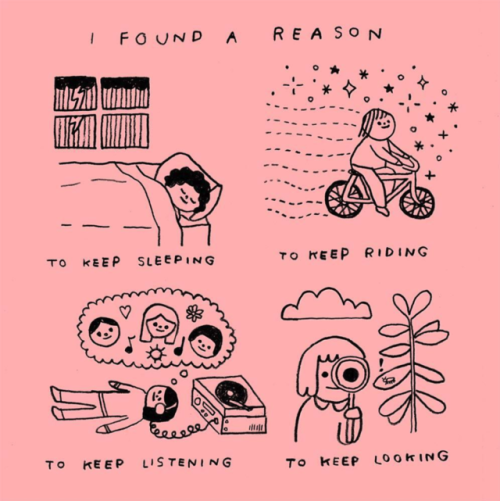Wasting Time.
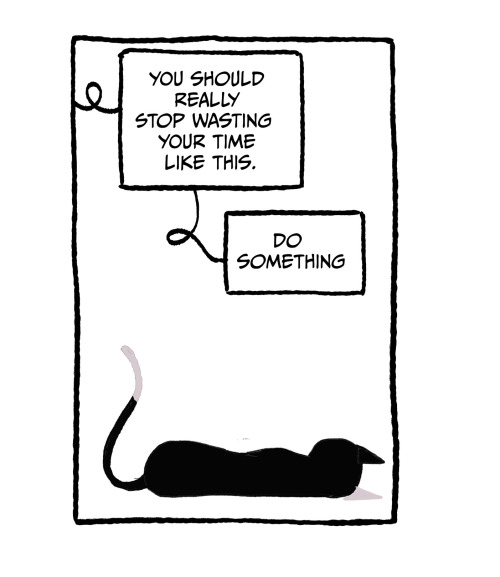
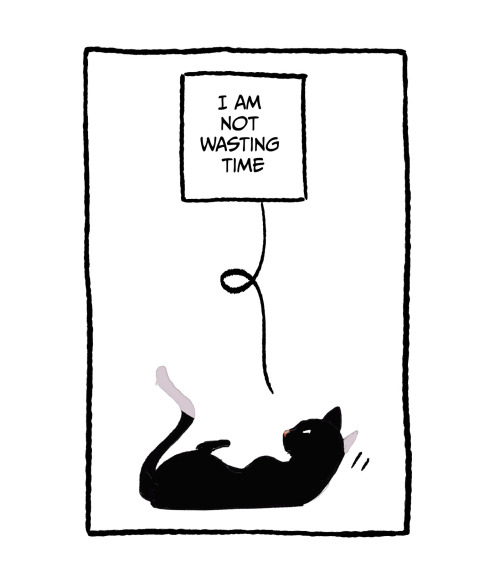



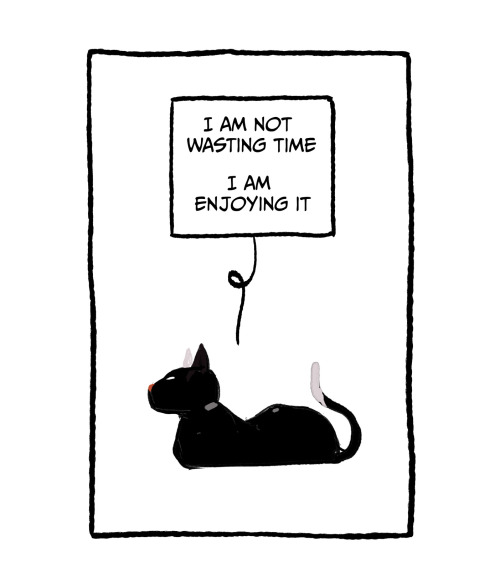


Wasting time.
Aka. I just wanted to draw kitty cat.
#pascalcampion
More Posts from Sundove and Others
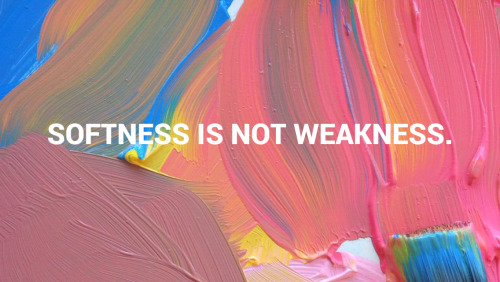



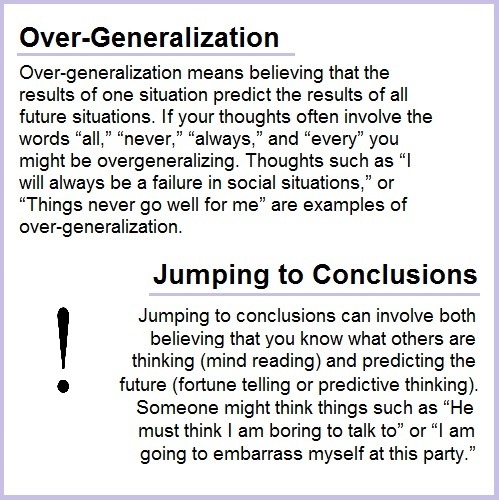





If you suffer from depression or anxiety, you may often struggle with distorted thinking. It’s best to understand the most common types of distorted thoughts so you can recognize the ones you experience the most, and doing so can help you stop those thoughts from occurring.
How to make and use a Coping Board
A coping board is used to help you keep yourself “on schedule” throughout your day. It can be used by people who have trouble doing “daily” tasks like showering, eating, or taking medication. It’s also beneficial to people who have trouble keeping track of what they’ve done that day due to mental health related memory problems. This is also beneficial to people who (like me) don’t have the energy to make daily to do lists because that task alone is pretty exhausting and depending on my mental state can be overwhelming. By having a set list of things already prepared, it makes my tasks less draining.

This is what a Coping Board is, a piece of cork board with short lists of things you want to or should be doing. I made my lists out of index cards, and I continue to add them as I have the energy or remember things I want to do. First, start with tasks you want to complete each morning

This is what my “morning” list looks like. As I complete each task, I move the pin from To Do to Done. This helps me keep track of what I have already done this morning and what I still would like to accomplish. You don’t have to do them in any particular order, it just so happens I did my first four in order today.
Next, make a list of things you’d like to do each night before you go to bed.

This is what my “nighttime” list looks like. I also reset my morning list as I complete my nighttime list, so its ready for me the next day.
You can also add other lists that pertain to you. For example, I have a very hard time keeping track of what day of the week it is, so I added a “day of the week” list.

Each morning when I wake up, I move the pin to the next day. I also added a list of things I’d like to make sure I do at least once a week.

Personally this list is more of a “wish list” of things I don’t want to forget about, but definitely don’t always have the energy for. I reset this list every Sunday.
Finally, you can also add things that you use as self care tactics or coping skills. For me, since I practice energy work, this list is mostly about changing the energy of my personal space in my room.

I try to do these daily, but sometimes weekly is more realistic.
The great thing about a Coping Board is that its so easy to add or remove things from your schedule. If you have a medication change, you can make a sheet to help you remember what dosage to take each day as you transition. This is my summer board, but during the semester I would probably add different lists for each of my classes or things I need to complete like a paper or an art assignment. The possibilities are endless, and it’s easy to customize to what you need most.
I hope this has been helpful for all of you! Good luck, and stay safe everyone.

case in point
-
 asodgkjnasol liked this · 5 days ago
asodgkjnasol liked this · 5 days ago -
 lilredlegs reblogged this · 1 week ago
lilredlegs reblogged this · 1 week ago -
 lilredlegs liked this · 1 week ago
lilredlegs liked this · 1 week ago -
 katusa-526 reblogged this · 2 weeks ago
katusa-526 reblogged this · 2 weeks ago -
 katusa-526 liked this · 2 weeks ago
katusa-526 liked this · 2 weeks ago -
 getintothesun reblogged this · 3 weeks ago
getintothesun reblogged this · 3 weeks ago -
 myaloveee liked this · 1 month ago
myaloveee liked this · 1 month ago -
 cakep0psprinkles liked this · 1 month ago
cakep0psprinkles liked this · 1 month ago -
 prxdk reblogged this · 1 month ago
prxdk reblogged this · 1 month ago -
 lotus-ignis reblogged this · 1 month ago
lotus-ignis reblogged this · 1 month ago -
 lotus-ignis liked this · 1 month ago
lotus-ignis liked this · 1 month ago -
 lanawinterscigarettes reblogged this · 1 month ago
lanawinterscigarettes reblogged this · 1 month ago -
 xnightswishx liked this · 1 month ago
xnightswishx liked this · 1 month ago -
 pocketequality liked this · 1 month ago
pocketequality liked this · 1 month ago -
 darthbloodorange reblogged this · 1 month ago
darthbloodorange reblogged this · 1 month ago -
 najp liked this · 1 month ago
najp liked this · 1 month ago -
 fillingthescrapbook reblogged this · 1 month ago
fillingthescrapbook reblogged this · 1 month ago -
 make-it-a-good-day reblogged this · 1 month ago
make-it-a-good-day reblogged this · 1 month ago -
 mixijonguitud reblogged this · 2 months ago
mixijonguitud reblogged this · 2 months ago -
 thewildeeconomist reblogged this · 2 months ago
thewildeeconomist reblogged this · 2 months ago -
 strawberrycatworld reblogged this · 2 months ago
strawberrycatworld reblogged this · 2 months ago -
 strawberrycatworld liked this · 2 months ago
strawberrycatworld liked this · 2 months ago -
 ynnubdam liked this · 2 months ago
ynnubdam liked this · 2 months ago -
 devil-with-a-soul reblogged this · 2 months ago
devil-with-a-soul reblogged this · 2 months ago -
 love-and-be-loved reblogged this · 2 months ago
love-and-be-loved reblogged this · 2 months ago -
 love-and-be-loved liked this · 2 months ago
love-and-be-loved liked this · 2 months ago -
 black-colorofdespair reblogged this · 2 months ago
black-colorofdespair reblogged this · 2 months ago -
 black-colorofdespair liked this · 2 months ago
black-colorofdespair liked this · 2 months ago -
 lilapplesheadcannons liked this · 2 months ago
lilapplesheadcannons liked this · 2 months ago -
 calamity-crows reblogged this · 2 months ago
calamity-crows reblogged this · 2 months ago -
 proffittproductions liked this · 2 months ago
proffittproductions liked this · 2 months ago -
 sargazo liked this · 3 months ago
sargazo liked this · 3 months ago -
 dustox420 reblogged this · 3 months ago
dustox420 reblogged this · 3 months ago -
 eeveeofstewjon reblogged this · 3 months ago
eeveeofstewjon reblogged this · 3 months ago -
 geeko-sapiens reblogged this · 3 months ago
geeko-sapiens reblogged this · 3 months ago -
 solarpunkladybird reblogged this · 3 months ago
solarpunkladybird reblogged this · 3 months ago -
 n-chu4ever reblogged this · 3 months ago
n-chu4ever reblogged this · 3 months ago -
 17-is-lucky liked this · 3 months ago
17-is-lucky liked this · 3 months ago -
 underwaterfraulein reblogged this · 3 months ago
underwaterfraulein reblogged this · 3 months ago -
 wyrmwhispers reblogged this · 3 months ago
wyrmwhispers reblogged this · 3 months ago -
 snowbryneich reblogged this · 3 months ago
snowbryneich reblogged this · 3 months ago -
 joanbushur reblogged this · 3 months ago
joanbushur reblogged this · 3 months ago -
 joanbushur liked this · 3 months ago
joanbushur liked this · 3 months ago -
 makimurakaori reblogged this · 3 months ago
makimurakaori reblogged this · 3 months ago -
 makimurakaori liked this · 3 months ago
makimurakaori liked this · 3 months ago -
 lodessa reblogged this · 3 months ago
lodessa reblogged this · 3 months ago -
 lxvi6 reblogged this · 3 months ago
lxvi6 reblogged this · 3 months ago -
 lisakitto reblogged this · 3 months ago
lisakitto reblogged this · 3 months ago

